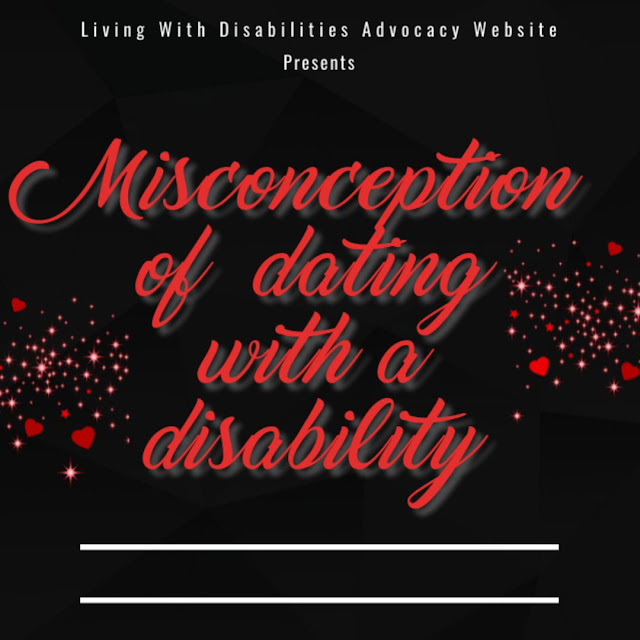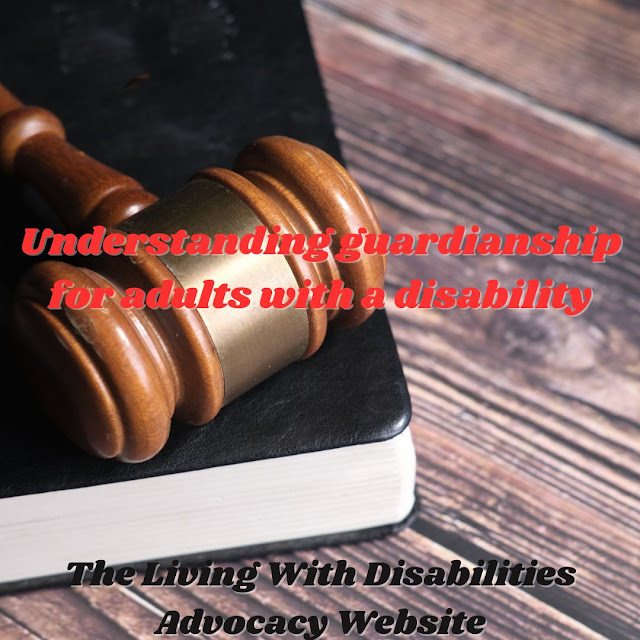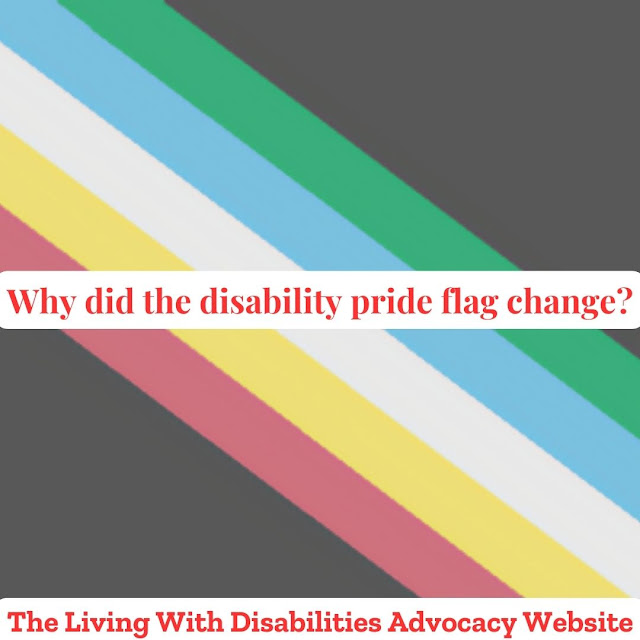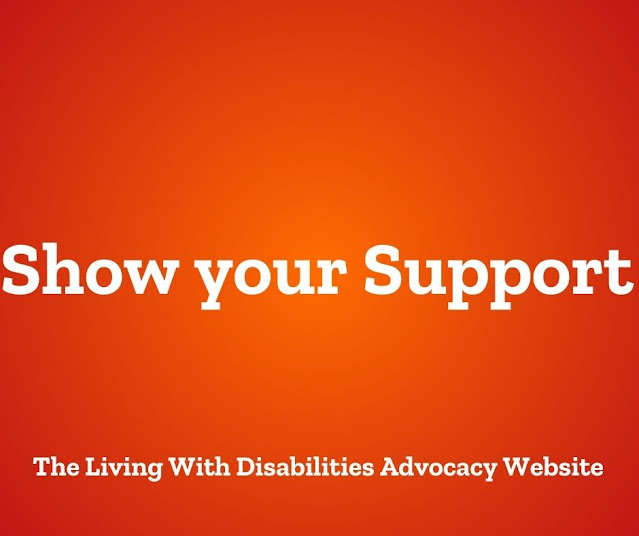Misconception of dating with a disability
Welcome to the Living With Disabilities Advocacy website. First and foremost. Self-published author Katrina Smith, a person of many accomplishments has written six volumes in total: two cookbooks and four collections of poetry. She is currently working on her self-help/autobiography. Her favorite activities include reading and writing. Katrina would be described by one word: determined. Despite any challenges she may encounter, she does not let unkind comments decide her fate.
If you're a new visitor to this advocacy website, this page aims to increase public understanding of those with disabilities and other conditions.
We suggest you seek a licensed professional counselor or healthcare provider for anything you read on this site.
This week, Living With Disabilities will talk about the misconception of dating with a disability.
There are many myths regarding the disabled population and those who live with disabilities. And one of the myths frequently seen has to do with dating. The goal of living with disabilities is to correct misconceptions and give you a better understanding of the disabled population. Disability-related life won't be sugarcoated. Facts appear where myths exist. Here, inaccessibility won't exist. Raising awareness where it is required for those with disabilities is the goal of living with disabilities. These are a few of the most widespread myths about dating while disabled. Before discussing any misunderstandings, please make sure you have read: Dating with a disability
First myth: A person with a disability cannot go on regular dates.
There is no difference between persons with impairments and people without disabilities. Indeed, dating while disabled might be perceived as awkward; yet, dating can be awkward in and of itself at different times. No matter how capabilities. Being disabled could cause certain open discussions to occur earlier in a relationship than they otherwise might. The degree of comfort that two partners have with one another doesn't have to be determined by a person's disabilities. Each individual may have different types of disabilities, but that won't hinder their determination to succeed despite their limitations. "They have families, careers, hobbies, dreams, and responsibilities" Instead of focusing solely on conditions and disabilities, many other topics can be discussed.
The popular dating scene has included people with disabilities, and dating sites have become the entry point! Many dating applications have been developed to assist those with disabilities in finding their ideal partner. Special Bridge is a fun and secure online social environment platform, designed 100% authentic they don't allow members to create fake profiles.
The most widespread belief among those without disabilities was that those with disabilities would put up with unreasonable duties or difficulties. Some people with disabilities may have this kind of self-perception. Disability is not a source of burden. Many disabled persons can take care of their basic requirements on their own, without assistance. Some people do need the help of caretakers and loved ones. The same holds for someone who is able-bodied yet in need of assistance. Individuals with impairments can provide their spouses companionship, empathy, and emotional support. Relationships involving disabilities include give and take from both sides, much as relationships involving able-bodies.
Living With Disabilities Presents: The Advocacy Table
a space created for people with disabilities to be able to have freedom of speech and talk on different topics surrounding the disability community. To get more details, check out The Advocacy Table. To become a panelist, Write into the show and let the host know what topic you want to talk about. She will then send out a group email to all panelists after the show has reached five or ten people. After the show, a survey will be emailed to you, and we would love to get your feedback.
If you need online support, Disability Safe Haven is great for receiving support. The We Care Team is very protective of its members and asks everyone who joins, to have a profile picture and answer the security questions.
Another online support, Living With Cerebral Palsy, is great for people with cerebral palsy and for family and friends who want to learn more about different types of cerebral palsy and how to support their loved ones who have it. This group has open and closing hours and a 24/7 chatroom. Open and closing hours are based on United States time zones.
Podcast Link




Comments
Post a Comment